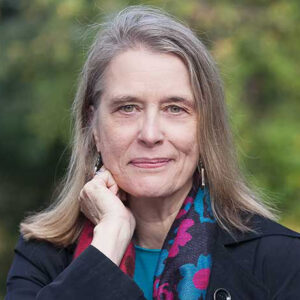What is a “major geographic”? Is it an earthquake, a national emergency, a religious conversion or a cocktail? No, in fact, a major geographic is the noun that is used to describe the action taken by someone who decides to escape their problems by moving around the world. Within Australia itself, a major geographic can describe a move to Darwin in the Northern Territory, which makes perfect sense when you look at a map of Australia. Darwin is as far north as you can move without a passport. In this case, both distance and isolation can lend enchantment.
(But let’s not exaggerate. The streets of Darwin aren’t filled with angst-ridden citizens walking around like zombies. The town has a rich history and is a gateway to Kakadu National Park, one of Australia’s outstanding natural wonders and home to one of the largest collections of Aboriginal rock art in the country.)
I was introduced to the term major geographic by a friend who had moved to Darwin in order to escape romantic complications. His was a classic case. The term’s rough poetry and humour appeals to me, and I can also identify with anyone motivated to move across a country in order to flee life’s complications. As a child, I had moved frequently and as a young adult, I had changed cities to escape my own emotional issues. Apparently, long before I was aware of the term, I’d been doing major geographics, just not to Darwin.
Can we make a change without indulging in a major geographic? Yes, it is certainly possible to deal with our issues no matter where we live. But, in my experience, changing our physical location can reinforce our commitment to change and renewal.
“If you do not change direction, you might end up where you are heading.”
– Lao Tzu, Chinese Philosopher and Poet
